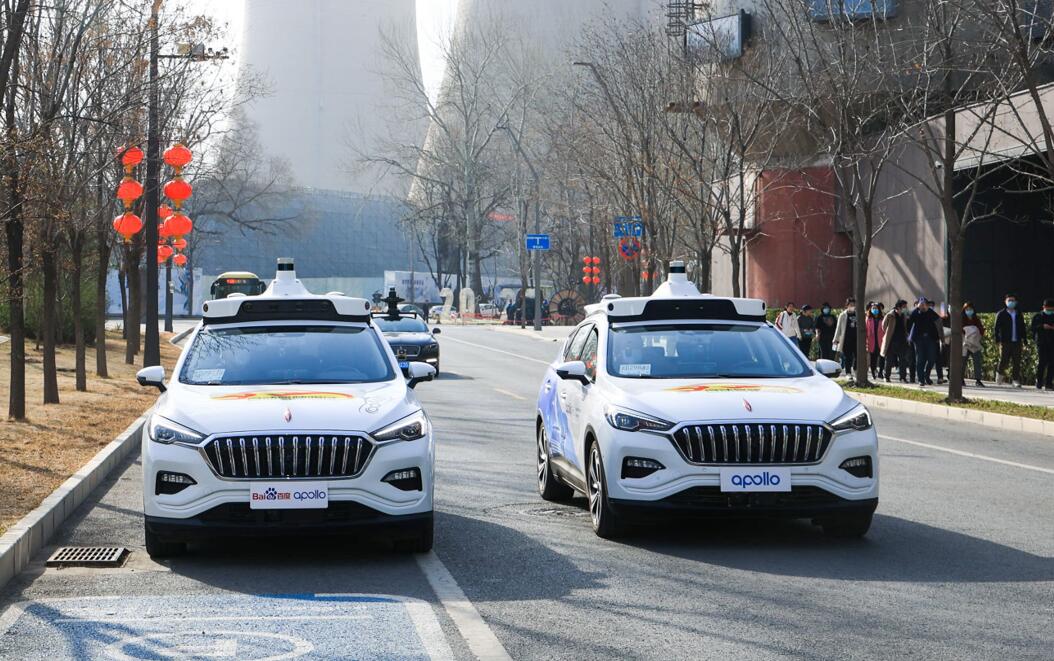The rapid evolution of China's autonomous driving industry has benefited from policy support, and the southern city of Guangzhou's latest policy will further accelerate the industry's development there.
On July 14, the Guangzhou Municipal Government announced the official launch of a pilot program for self-driving cars to drive alongside human-driven vehicles, marking a key step toward the adoption of autonomous driving at scale.
Guangzhou released two policy documents on the pilot on Wednesday, giving specific guidance on the implementation of the move.
According to the plan, Guangzhou will take the lead in some areas to carry out demonstration operations and explore the establishment of a management system in line with different environments. When the conditions are ripe, it will be gradually promoted.
Guangzhou will build an overall self-driving car safety standard system, operational safety assurance system and monitoring platform to protect road traffic safety and personal property safety.
In addition, Guangzhou will also promote insurance institutions to set up new types of insurance for self-driving cars, giving priority to the protection of public rights and interests.
By 2025, Guangzhou will complete a comprehensive, large-scale urban transportation trial of multiple new travel services in five phases.
In each phase, Guangzhou will further increase the amount of self-driving cars placed if they are free of active safety accidents for 180 days and pass the working group assessment.
Guangzhou will also support the training and management of self-driving car demonstration and operation safety officers and promote the establishment of a professional, safe and stable safety officer management system.
The project encourages district financial subsidies for safety officer training, management and salary costs, and the Guangzhou Municipal Industry and Information Technology Bureau arranges up to RMB 100 million($15.5 million) in special funds for industry and information technology each year to give district financial support.
For supporting the intelligent transformation of vehicle-road cooperation, the Guangzhou Municipal Industry and Information Technology Bureau will arrange up to RMB 50 million in the special funds for industry and information technology to support the intelligent transformation of vehicle-road cooperation of traffic road networks in the relevant districts. The maximum subsidy ratio will not exceed 50 percent.
At present, Guangzhou has introduced Pony.ai, WeRide, Baidu Apollo, and Drip Autopilot, and basically has the basic conditions for commercial operation.
(File photo of Baidu Apollo vehicles)

